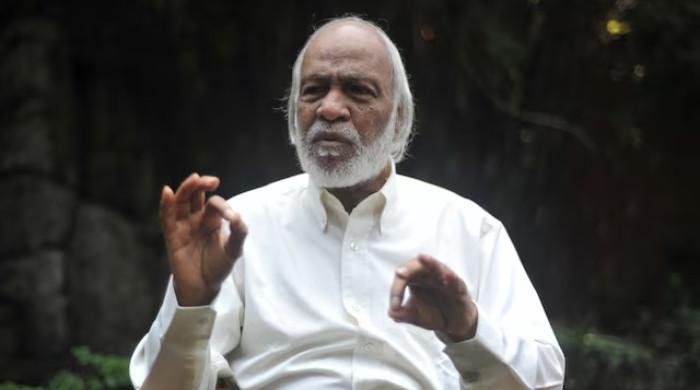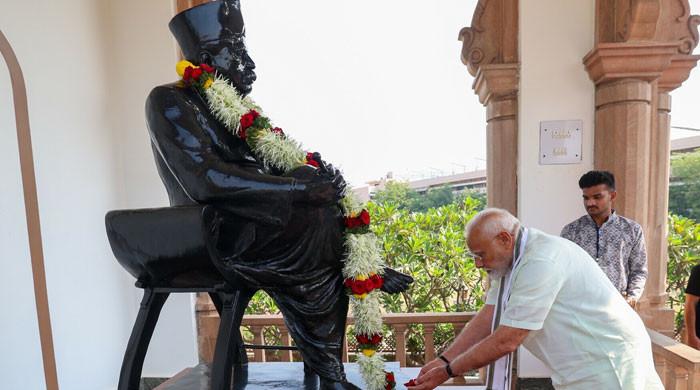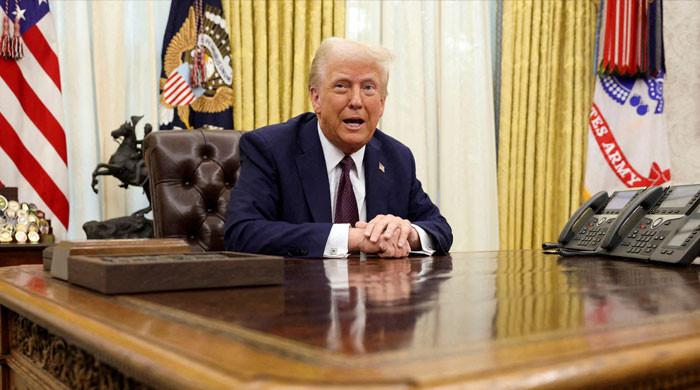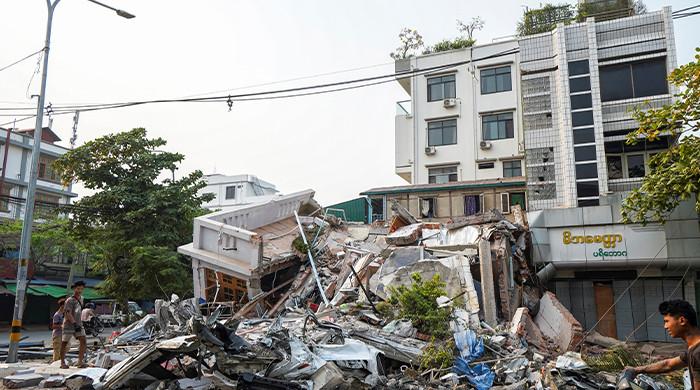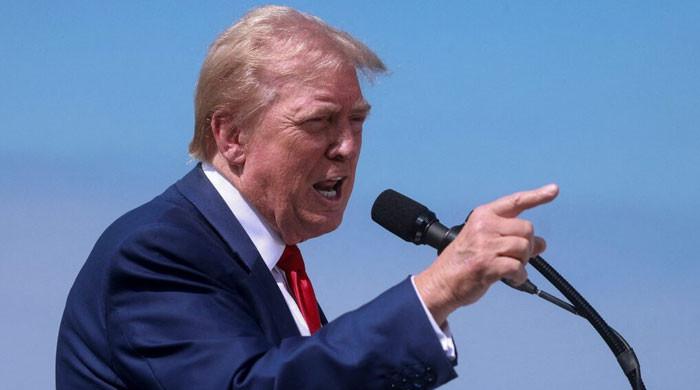Dissent, resignations following BJP’s citizenship law
While the protests have spread across India, the ruling party is insisting that it is not bothered by the reaction
December 16, 2019

As protests in India, against a discriminatory citizenship law, entered its sixth day, the ruling Bharatiya Janata Party (BJP) is facing resistance from within its ranks, as members resign and allies break away.
Jagadish Bhuyan, the BJP leader in Assam, parted from his party on December 14, in protest against the passage of the Citizenship Amendment Bill. He said he decided to “stand with the people” after the Bill was passed in the upper house of the parliament, reports Scroll.in.
“I did not quit earlier because I had hoped that the government would respect the voice of the people,” Bhuyan was quoted as saying. “Now there is no middle ground left to occupy: you either oppose the bill or not.”
Hitendra Nath Goswami, the speaker of the Assam Legislative Assembly, and a leader of the BJP, has also demanded that the government reconsider the new legislations, which excludes Muslims.
Separately, Asom Gana Parishad, a political party that is in coalition with the BJP in the state of Assam, has opposed the new law both “politically and legally”. “It was a mistake to vote in favor of the bill,” Ramendra Narayan Kalita, a parliamentarian from the party, told Scroll.in.
While in Bihar, BJP’s ally the Janata Dal (United) voted for the new Act, but said it would oppose an all-India National Register of Citizens (NRC). The NRC is a registry that lists Indian citizens in Assam, and leaves out foreign nationals. The BJP plans to extend the NRC to other states in India.
Meanwhile, the BJP insists it is not bothered by the dissent. Vijay Kumar Gupta, vice president of the BJP’s state unit, told the publication, that the current wave of protests would not affect the party’s electoral prospects. “Most of the people out on the streets are not our voters in any case, 90 per cent of them are Bangladeshi Muslims.”
To date, six people have been killed in India after demonstrators took to the streets to protest the Citizenship Amendment Bill which was signed into law last week. The bill speeds up the citizenship process for religious minorities, including Hindus, Sikhs, Buddhists, Jains, Parsis and Christians but deliberately leaves out Muslims.





